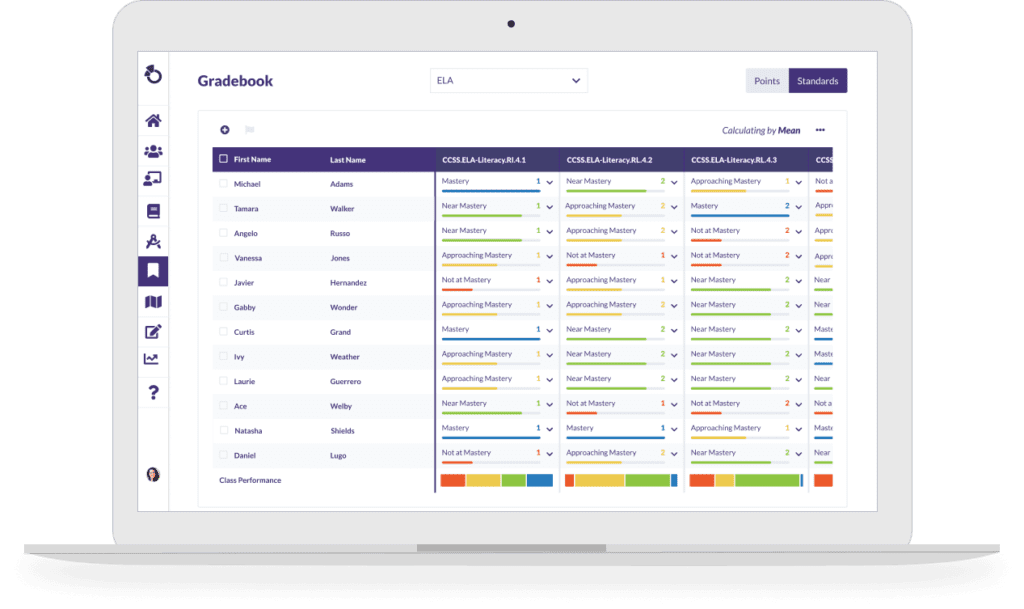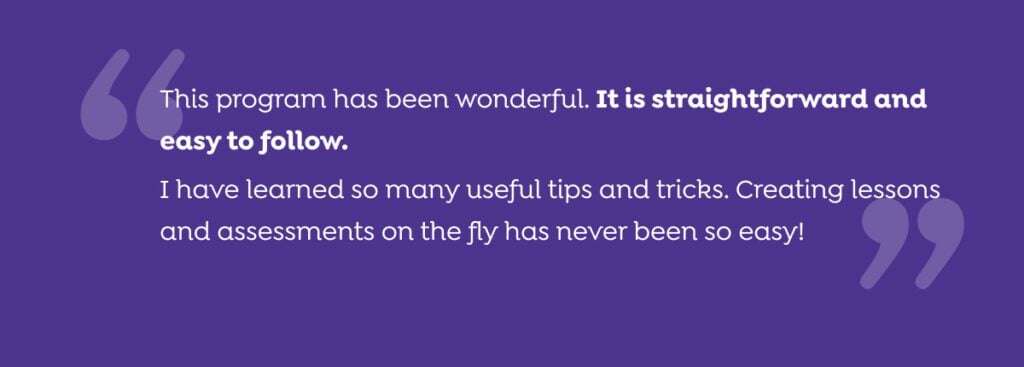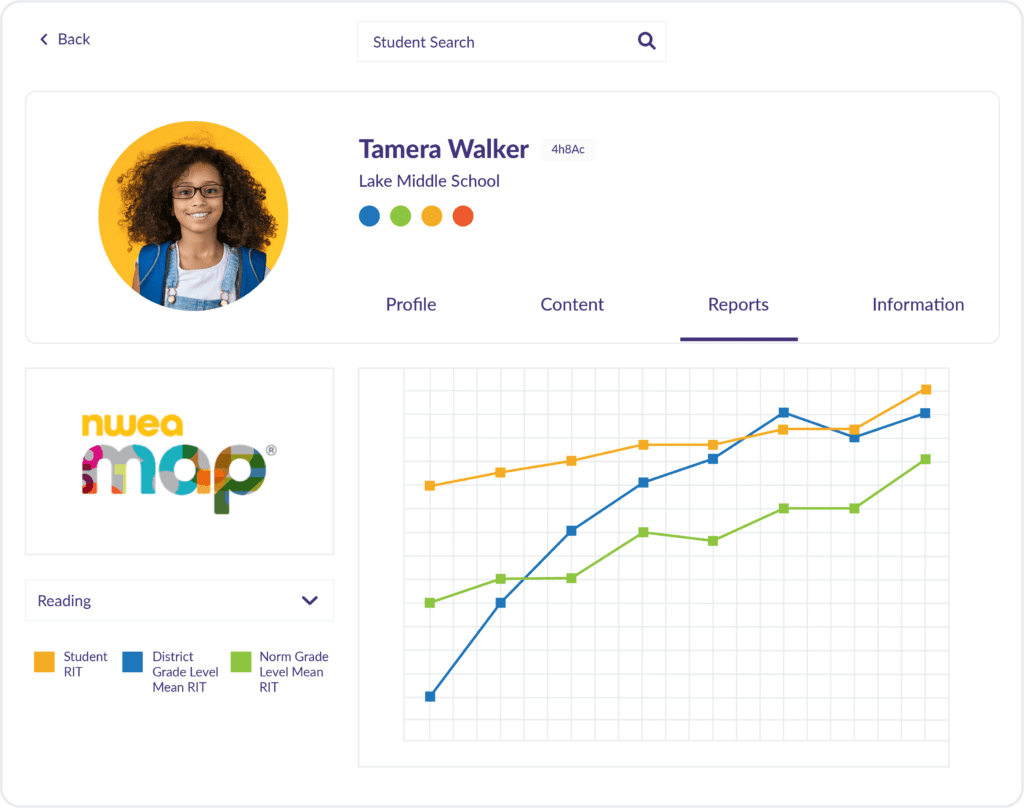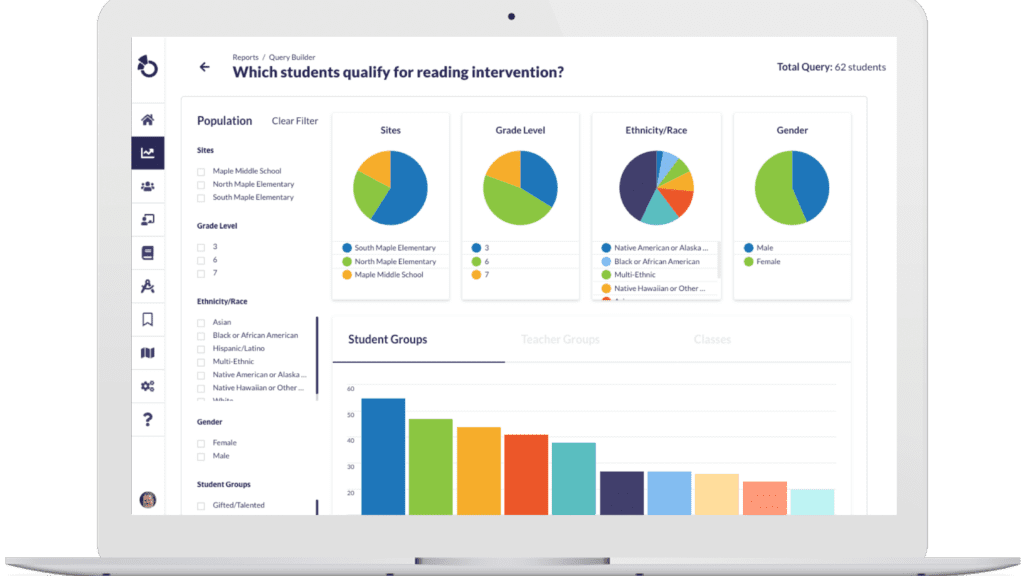Meet Cassandra Coleman from Challis Joint District in Idaho!
By: Kendell Hunter
Cassandra Coleman is a first-grade teacher at Challis Elementary School in Challis, Idaho, and is an Otus Certified Educator (OCE). Challis Joint School District is comprised of five schools and serves over 350 students. Cassandra was kind enough to share her unique story with us. She answered our questions about Challis Schools, how they are using Otus to make the shift toward mastery-based education, and how her experience as an OCE has allowed her to empower her colleagues to use Otus to its fullest potential.
Hi, Cassandra! Can you tell us more about your background in education and current role?
I began substitute teaching around 2014 after a career switch. I fell in love with being in the classroom helping the kids and went back to school for my credential. I am in my fourth year teaching. I have taught sixth grade, fourth grade, and this year I moved to first grade!
Did you always want to be a teacher? What made you go into teaching?
I actually never saw myself as a teacher when I was young. I wanted to be a musician making music for Disney movies (I play the flute). After discovering I have carpal tunnel syndrome in both hands, I switched careers and fell into teaching after a college roommate suggested I try out substitute teaching to see if I liked it.
How do you feel that technology impacts student outcomes? Any favorite tools that you use routinely with students?
Technology is an incredibly useful tool. Not only can it expand student thinking and allow them to dig deeper, but it can make learning so much more accessible for so many students.
I love to use Kahoot! for reviews and practice. I also love building assessments in Otus that have different features, allowing my students to show their learning in different ways. My newest favorite tool is actually the text-to-speech toolbar that students can use in Otus Advanced Assessments. It has allowed my first graders to move independently through their assessments, even if they are still struggling to decode.

What has your district’s journey with Otus been like so far?
My district started using Otus a year or two ago. We began using it as our platform in order to reach students that had gone into quarantine. It was more user-friendly for us and for our students than our previous platform. This year, we opened up parent and guardian access.
We also were diving into Otus for its standards-based grading capabilities. We have been shifting towards mastery-based education for a few years now, and the standards-based gradebook was extremely enticing. It has proven to be invaluable come the end of grading periods. I am very excited because this year, we are going to be using Otus to create our report cards instead of filling them in by hand!

How is Otus meeting the needs of your school community? Are there any areas of opportunity or features you really want to see in the platform this year?
Otus allows us to communicate with our students when they are gone for extended periods. It allows parents to monitor their students’ progress toward mastery of the standards. It allows us as educators to monitor their progress and analyze data all in one place. The self-grading options available are not bad either!
I would really like to see Otus and Kahoot! or Otus and Boomcards work together. These are popular digital tools that would be wonderful to be able to integrate data from.
What made you want to pursue Otus Certified Educator (OCE) certification?
I decided to pursue Otus Certified Educator certification because I wanted to be able to independently and efficiently use the platform my district was moving to. I also wanted to be helpful to my colleagues. There had not been very much technology use in my district until the shutdown. Suddenly, everyone was having to learn how to use dozens of new tools, programs, features, and devices. It was daunting and intimidating for a lot of us. I came from an area where technology was used frequently and was comfortable with learning how to use it for our purposes, and I wanted to be able to ease the transition and be a resource for my fellow educators.
What has your experience in the OCE program been like so far?
This program has been wonderful. It is straightforward and easy to follow. I have learned so many useful tips and tricks. Creating lessons and assessments on the fly has never been so easy! Earning the swag is always nice too!

How have you been able to take your learning from the OCE program and support other educators in your community?
I have taken the things that I have learned from the OCE program and shared all of it with the other educators in my community. We regularly have what we call, “Otus sessions,” in which everyone is given time to work on inputting lessons and assessments into Otus for use in their classroom. During these times, I walk the room and answer questions, troubleshoot, and brainstorm to help my colleagues. I have also had educators from other schools in the district reach out for assistance, and the training I have received through the OCE program has enabled me to help them.
Any advice for someone who is considering OCE certification but is worried about the commitment?
I would encourage everyone to take the plunge and dive into the OCE program. It is at your own pace, and with the learning being chunked, it is easy to take it a piece at a time when you have the time. I also really appreciated the fact that if you did not finish a cohort by the deadline, you were still invited back during the next cohort to finish!
What do you know now about Otus that you wish you knew when you first got started?
I wish I had known more about the recognitions and portfolio in the Otus Student Profile when I had started. I feel like it would have engaged my students more and given them more ownership and buy-in in their education on Otus.

What initiatives are you working on this school year as a district? Does Otus support any of these goals?
This year, we are working on streamlining our standards-based grading, report card building, and maintaining PBIS efforts.
Otus helps with all of these. The standards-based gradebook helps us keep track of student progress, as does the Analytics section of Otus. This year, we are generating our report cards through Otus (which again, I am super excited about). The recognition feature can help us reinforce PBIS in the classroom, and the student information page can help admin and teachers keep track of communications and activities regarding the student and PBIS.
What makes Challis so special? Why is it a great place for students, staff, and families?
Challis is a wonderful place to live and learn. It is a small, rural community where everyone knows everyone. There is a lot of room to explore, and the community works hard to stand together. Our staff are supported by a wonderful administration, and we are constantly working together to achieve universal student success. We wear many hats here, but it is all worth it year after year as we watch these students grow.
Join the Otus Certified Educator Community!
As an Otus Certified Educator (OCE), Cassandra is a part of our growing Otus community – a group of passionate educators who possess in-depth product knowledge and believe in enriching student lives through technology.
By joining the OCE community you will:
- Gain confidence as you deepen your knowledge of Otus.
- Make a bigger impact as you network with educators from around the world to improve outcomes in your classroom.
- Wear your Otus swag with pride! Yes, that means free Otus gear and exclusive access to the OCE Badge so you can share your level of expertise on social media and personal pages.
To learn more about the OCE program and to enroll, click here.
Related Resources
Request a demo!
See exactly how Otus can help your school accelerate student growth and improve student outcomes – all while saving educators time.





